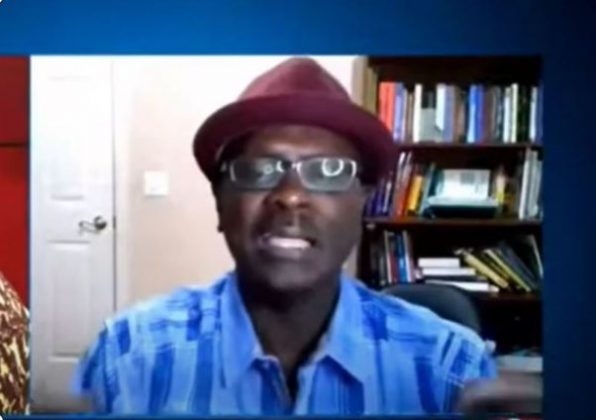Maintaining public confidence: Courts must avoid construing ‘bright-line’ rules- Prof Asare
A D&D Fellow in Public Law and Justice at CDD-Ghana, Prof. Stephen Kwaku Asare has called on courts to avoid construing bright-line rules.

A D&D Fellow in Public Law and Justice at CDD-Ghana, Prof. Stephen Kwaku Asare has called on courts to avoid construing bright-line rules.
He notes that bright-line rules thus rules that do not lend themselves to interpretations have the possibility of eroding public confidence in the courts if not checked.
“The courts must avoid construing bright-line rules. Bright-line rules are those that do not lend themselves to interpretations. The constitution says if you are 18, you are eligible to vote. Under no circumstance should the Law say; ‘well, the constitution says if you are 18, you should be allowed to vote but the people from this part of the country are not matured enough and therefore purposively, they should be allowed to vote when they are 21,” he noted.
Speaking on Newsfile on JoyNews on Saturday, January 15, 2022, Prof. Asare further however mentioned that the above happened in the Ayine case.
“This happened in the Ayine case where the retirement age is 60 and we have all kinds of games going on. Upholding that somebody who is more than 60 can be appointed to hold office in public service,” he said.
Furthermore, he called on the courts to give effect to the bright-line rules, which are a reflection of settled values without subjecting them to a purposive interpretation.
“the court must give effect to these bright-line rules without attempting to subject them to broad or purposive interpretation or construction. If the Constitution says the voting age is 18, it should mean just that. The people are likely to disbelieve any sophisticated judicial analysis to show otherwise.”


